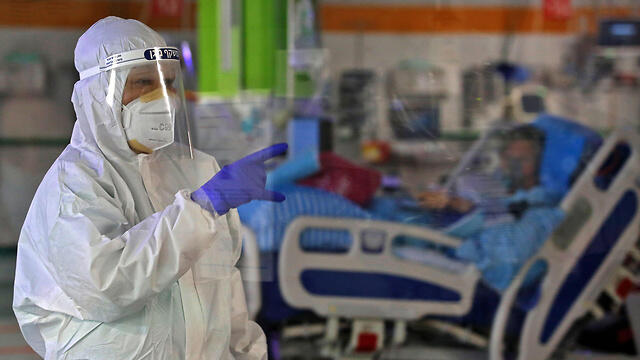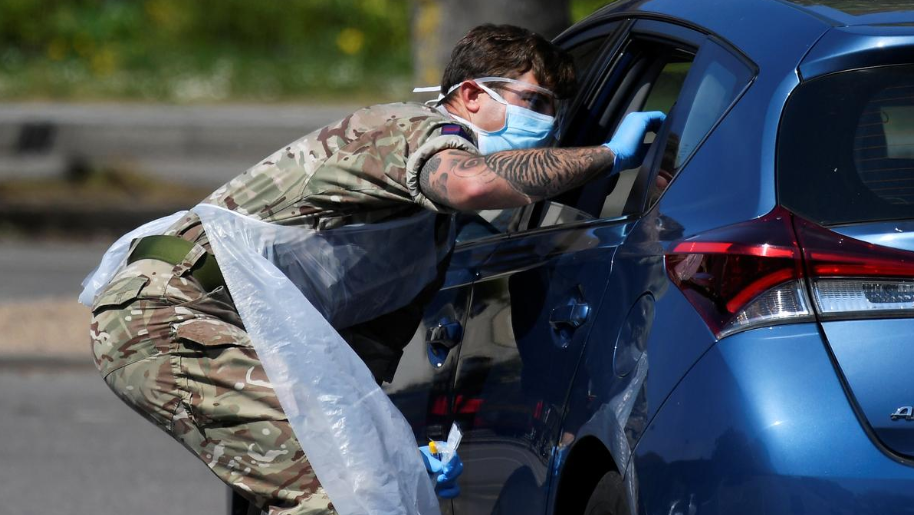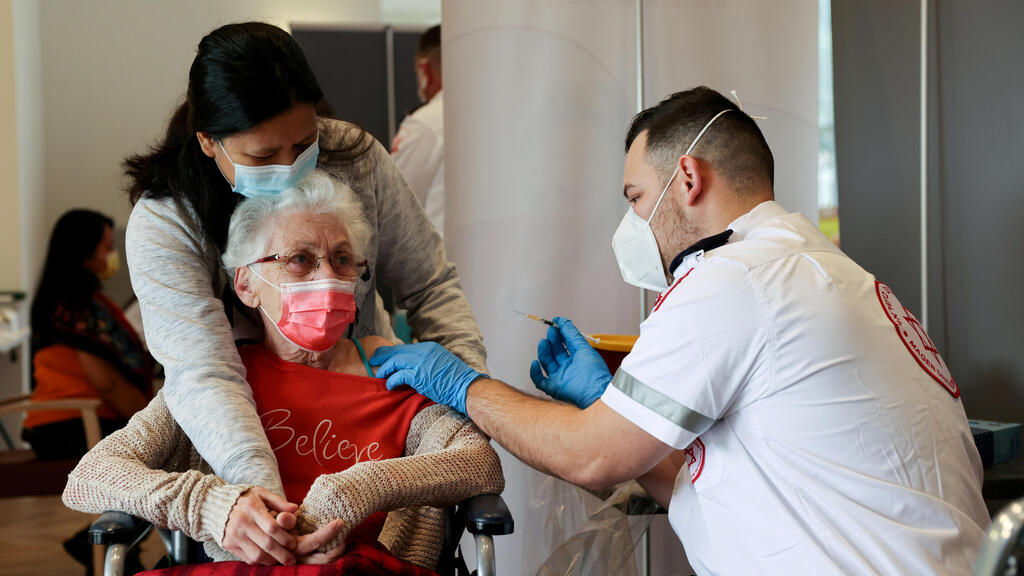Israeli heath professionals on Wednesday expressed concern over upcoming mass Purim celebrations in the wake of discovery of a new COVID-19 variant.
The Health Ministry said Wednesday a new variant of COVID-19 - a combination of the Omicron variant and its offshoot BA.2 - has been detected in two passengers who recently returned to Israel from abroad, raising fears of a renewed infection spread.
"The new COVID variant that was discovered is a combination we haven't seen before," said Prof. Galia Rahav to Ynet on Wednesday.
Prof. Rahav, the head of the Infectious Disease Unit at the Sheba Medical Center, said that "it's not the Deltacron, the variant we're seeing in Europe, rather a combination of BA.1 and BA.2 - the two Omicron variants".
"These are only a few cases, but it proves how important it is to detect new variant, and we need to see how it plays out," she said, referring to the two cases of the new strain.
Prof. Rahav said she is concerned by mass celebrations over the holiday of Purim, which are set to begin on Wednesday evening and continue all throughout the upcoming weekend.
"Today we're vaccinated... but I'm certainly still concerned by the Purim parties. We need to minimize the gatherings and make sure to wear masks. We can't say 'COVID is gone' yet."
Prof. Dror Mevorach, head of Internal Medicine Department in Hadassah Ein Kerem Hospital, also weighted in on the discovery of the new variant in Israel. He explained why Israel hasn't been seeing an increase in severe cases unlike countries like China, Germany, and Britain.
"There are several reasons for this... First, the population is more widely vaccinated. Second, there there is medicine like Paxlovid that can stop the virus from becoming grave. Lastly, the Omicron causes illness less severe than the Delta and Alpha variants. The result is that despite having 6,000 new confirmed cases every day for the past two weeks, we're seeing a decline in critically ill patients," he said.
"I think we need to keep our guard, certainly not cancel the mask mandate soon. There's end-of-season vibes, and it's a shame, because we're definitely not at the end of this" said Mevurach. "It's okay to feel a bit more liberated and calm, but we still need to adhere to the rules - get vaccinated. There are people and kids who still haven't gotten the vaccine."
He added that being infected with Omicron does not necessary give people a herd immunity. "We don't know how much the Omicron infection really protects [from being re-infected]. There are people who had Omicron and were then infected with BA.2.
"BA.2 is probably more contagious than Omicron by 30%, so herd immunity will maybe materialize when 90% of the population have been exposed, and even then it might not be enough. We don't need to rely on mass immunity. We need to get vaccinated and continue being careful. It is true that today we're more protected, and that we have better medication, but we certainly need to continue being cautious and monitoring."
After previously saying that those who recovered from Omicron don't need to get the fourth vaccine dose, Prof. Mevurach now says the fourth jab "lowers the chances of critical illness and hospitalization. As for contagiousness, it's less effective. Our recommendations regarding the fourth vaccine have not changed: distribute it to people at-risk [of developing a severe illness]. There is no recommendation to give it to the entire population."





